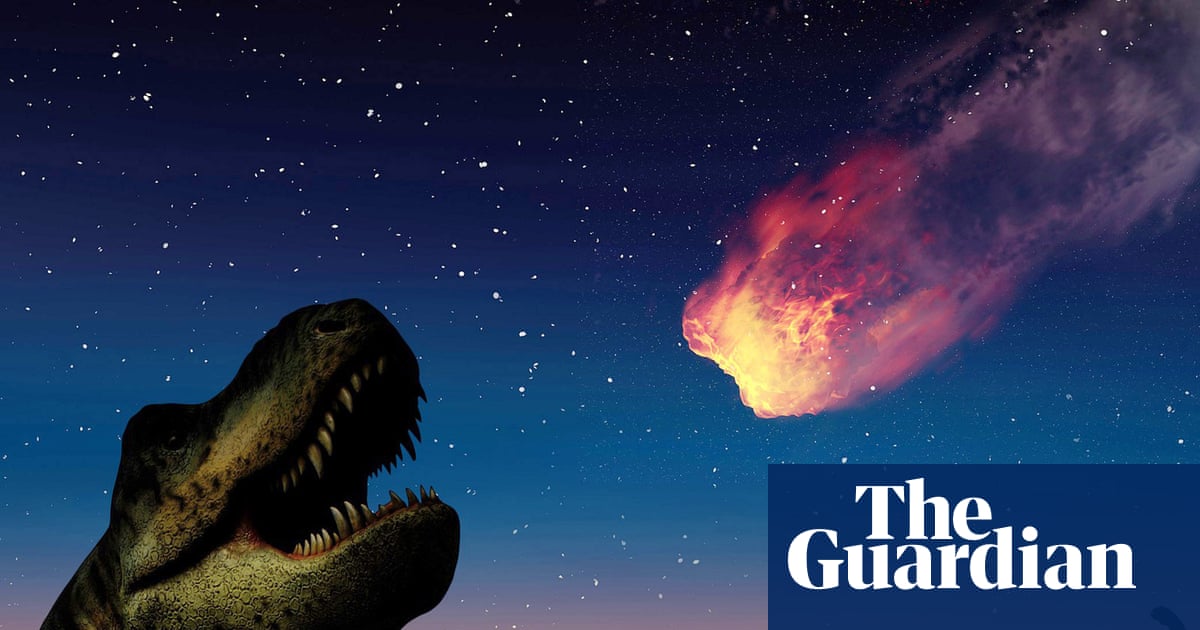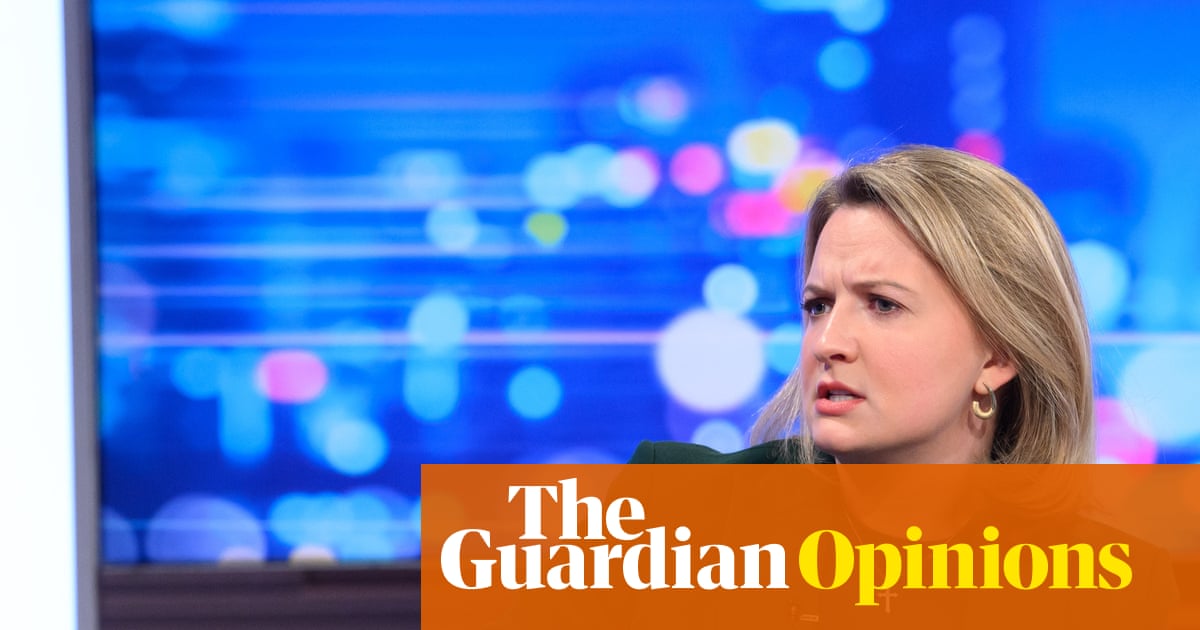Vladimir Putin has said Russia will never bow to US pressure but conceded new sanctions could cause some economic pain, as China and India were reported to be scaling back Russian oil imports after Washington targeted Moscow’s two largest producers.
The US on Wednesday imposed sanctions on Rosneft and Lukoil, as well as nearly three dozen of their subsidiaries, as the Trump administration increased pressure on the Kremlin to negotiate an end to its war against Ukraine. The EU separately discussed a loan for Ukraine secured on frozen Russian assets and agreed to a phased ban on the import of Russian liquefied natural gas.
The measures against Rosneft and Lukoil – which together account for just under half of Russia’s crude exports, and follow UK sanctions last week on the companies – were the first sanctions imposed on Moscow since Donald Trump returned to the White House in January and are aimed at choking off the vital oil revenues that fund the Kremlin’s war machine.
Washington hopes the sanctions, which led to a 5% increase in global oil prices, will pressure Putin to return to the negotiating table by hitting Russia’s economic lifelines.
The Russian leader on Thursday described the US sanctions as an “unfriendly act that does nothing to strengthen Russian-American relations” and “an attempt to put pressure on Russia”, which he said was futile.
“No self-respecting country ever does anything under pressure,” Putin added in comments to Russian journalists.
While he said the new sanctions would not have a significant impact on Russia, he acknowledged that “some losses are expected”.
He also suggested that Trump should “think about who his administration is really working for” when advisers urge him to impose sanctions on Russian oil, and warned that the measures will lead to a rise in prices.
He also warned Trump of a “very strong, if not overwhelming” response if Russia was attacked with the US Tomahawk cruise missiles that Ukraine has been seeking unsuccessfully from Washington.
The latest US sanctions bar foreign countries and companies from doing business with Moscow’s major oil producers and cut them off from much of the international financial system.
There were early signs on Thursday that Russia’s two biggest energy customers were suspending their energy imports in response to the new US sanctions.
India’s largest buyer of Russian oil, the privately owned Reliance Industries, hinted that it was preparing to scale back or even temporarily halt purchases. “Recalibration of Russian oil imports is ongoing and Reliance will be fully aligned with the [government of India] guidelines,” a spokesperson told Reuters.
Several sources also told Reuters that China’s state-owned oil companies have suspended purchases of seaborne Russian crude, at least in the short-term, amid concerns about falling foul of the new sanctions.
The oil and gas sector accounts for roughly a fifth of Russia’s GDP, and a sudden fall in demand from Russia’s two main buyers would be a devastating hit to the Kremlin’s oil revenues while pushing global prices higher.
China, Russia’s closest ally, and India, which has sought to remain neutral in the war in Ukraine, have until now dismissed western pressure to curb their purchases of Russian energy as empty threats.
Compliance with the sanctions would mean giving up access to the cut-price Russian crude that has helped shield their economies from rising global energy costs.
Trump made the surprise announcement amid growing frustration in Washington over the war in Ukraine, culminating in his abrupt decision to cancel a summit in Budapest.
Asked about the summit, Putin said the meeting would “likely be postponed”, adding that it would be a mistake to hold it without proper preparation.
Putin added that he remained open to talks with Trump, saying that “dialogue is always better than war”.
But other Russian officials struck a far sharper tone. Dmitry Medvedev, Russia’s former president and a senior security official known for his increasingly belligerent rhetoric, described the measures as an “act of war”.
“The US is our enemy,” he wrote on social media. “Its talkative ‘peacemaker’ has now fully embarked on a path of war against Russia.”
Some experts linked to the Kremlin also acknowledged that the US measures could hurt the Russian economy.
Igor Yushkov, an energy specialist at the Financial University under the Russian government, told the business daily Kommersant that the sanctions on Rosneft and Lukoil would make Asian customers reluctant to buy oil directly, forcing the companies to rely on longer chains of intermediaries to charter tankers and sell their crude – a shift that would drive up costs.
The impact of the sanctions will largely depend on how strictly they are enforced – particularly on whether Washington is prepared to impose secondary sanctions on countries that continue to do business with Russia’s oil companies.
Russia has a month to prepare before the restrictions take full effect and will probably use that time to adapt to the new situation.
Moscow has long found ways to evade western sanction through opaque trading schemes as well as its “shadow fleet” network.
The network, which relies on ageing vessels sailing under obscure flags and managed through shell companies in the Middle East and Asia, has enabled Russia to sustain oil exports to key customers in India and China despite the G7 price cap and EU embargo.
Some in Moscow insisted that Russia would adapt again. “New sales schemes will simply appear,” said Mikhail Zvinchuk, a popular Russian military blogger with links to the defence ministry.
“They’ll make logistics and costs more complicated, but the oil business has been dealing with these issues for three years now and managing just fine,” he added.
The reach of US sanctions is, however, vast, and for most companies the risk of being cut off from the broader western financial system could outweigh the benefits of continuing to trade with Russia.

.png) 4 hours ago
6
4 hours ago
6

















































